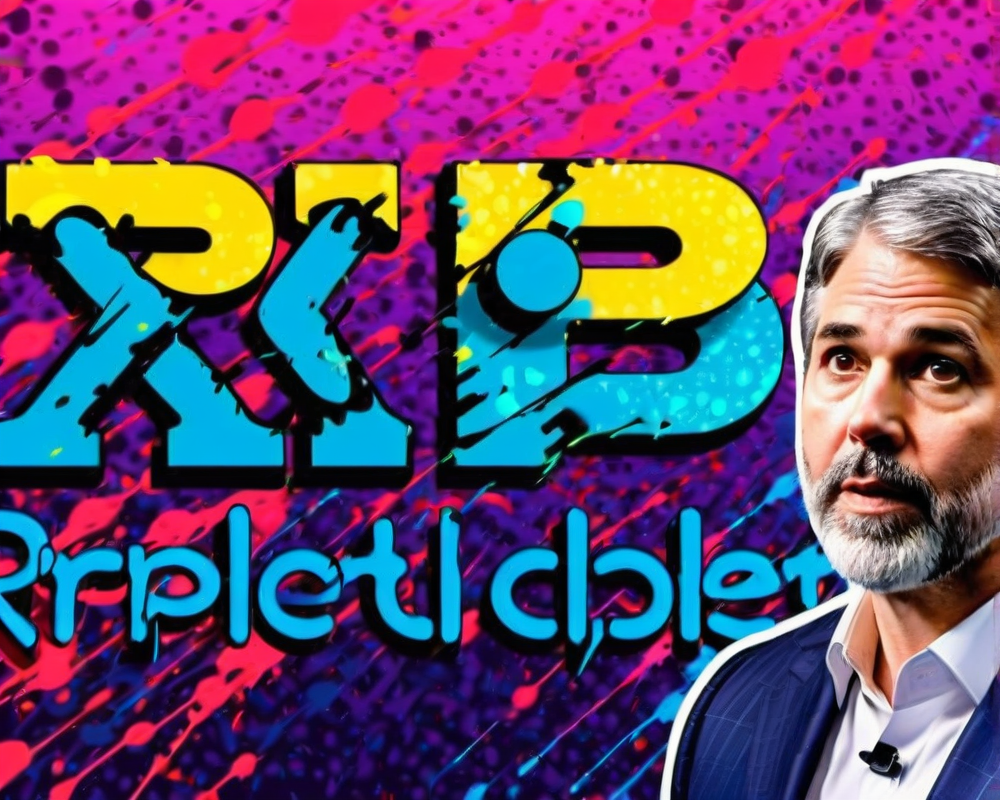The Amended Class Action Suit
Investor Bradley Sostack has taken the legal bull by the horns once again, filing an amended class action suit against Ripple on August 5. He claims that Ripple misled investors and sold XRP as an unregistered security under federal law. That’s right folks, we’re diving deep into the murky waters of crypto jargin and legalese!
The Timing and Setting
This suit isn’t Sostack’s first rodeo; the original complaint was put forth about a year ago but didn’t gain enough traction to really stir the pot. The latest filing has Ripple firmly in the hot seat, with a required response looming in mid-September. Will this be the turning point for Ripple or just another trip to the courtroom buffet?
SEC Guidance: The Love Letter
In a twist that makes you wonder if the SEC and Sostack were friends in high school, the latest filing brings SEC guidelines into play. Sostack’s complaint is practically an ode to the SEC, asserting that XRP is a security. Jake Chervinsky, general counsel at Compound, spearheads this perspective, suggesting the court will place immense weight on the SEC’s non-binding guidance.
Howey Test: The Crypto Buzzword
What’s a legal discussion without a classic? The Howey test enters the chat! Sostack’s counsel argues that XRP ticks all the boxes indicating it’s a security, as established in the famous Supreme Court case, SEC v. W.J. Howey Co. This case has become the gold standard for defining what constitutes a security, and Sostack believes XRP meets all the traditional indicators.
The Ripple Effect: Broader Implications
Not only is Sostack’s suit significant for Ripple, but it also comes at a time when the SEC is singing a different tune about cryptocurrency regulations. Just recently, the SEC decided to postpone rulings on three Bitcoin ETFs, further reflecting the oscillating landscape of digital asset investment regulations. As the crypto world holds its breath, will this case redefine how we view cryptocurrencies as securities?



